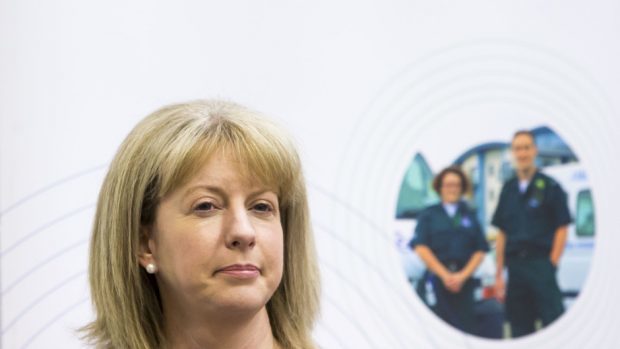A cancer patient living in the north of Scotland has had to wait 198 days to receive treatment.
Shock new figures show that health boards across the region only managed to achieve the 62 day referral to treatment target in 87% of cases – the worst rating in the country.
The longest wait recorded was at NHS Highland, where a patient had to wait 28 weeks to be treated, while in NHS Grampian, a patient had to wait 166 days.
Cancer Research UK branded the figures “unacceptable”, but Health Secretary Shona Robison said she was “focusing” on helping health boards meet the target.
Scottish Labour North East MSP Lewis Macdonald said the stark figures were a result of “years of underfunding” by the SNP administration.
He added: “Targets will only work if they are funded properly, and it is clear from these figures that the Scottish Government has not been providing the funding and support need by NHS Grampian to treat cancer patients across the region.
“Cancer patients and their families deserve much better than this, and the SNP is failing to deliver.”
Scottish Conservative Highlands and Islands MSP Donald Cameron agreed the figures were “unacceptable”.
He added: “Early detection has rightly been the centrepiece of Scottish Government campaigns for some time now.
“But that’s no use if health boards aren’t managing to move people through the system quickly enough.”
Between April 1 and June 30 this year, NHS Highland achieved the 62 day target in 83% of cases, while NHS Grampian achieved it in 86% of cases. The target is 95%.
Gregor McNie, Cancer Research UK’s senior public affairs manager in Scotland, said: “At a time when cancer is Scotland’s most common cause of death, it’s unacceptable that this target hasn’t been met.”
A spokesman for NHS Highland said they had particular difficulty in meeting the targets in the urology and colorectal areas.
He added: “We are working with national colleagues to improve matters and have agreed a number of actions but these will take time to implement. All patients are treated on a case by case basis in order to minimise any delay as much as possible.”
An NHS Grampian spokeswoman admitted they faced “severe challenges” in meeting the target and said they were working to improve, but added: “The overall numbers are fairly low and small variations in actual patient numbers have a significant effect on the percentage performance.”
Ms Robison said: “(Early access to diagnostics) is where we are focusing our efforts – with an additional £2million invested this August to support immediate improvements in diagnostic and treatment capacity.”
